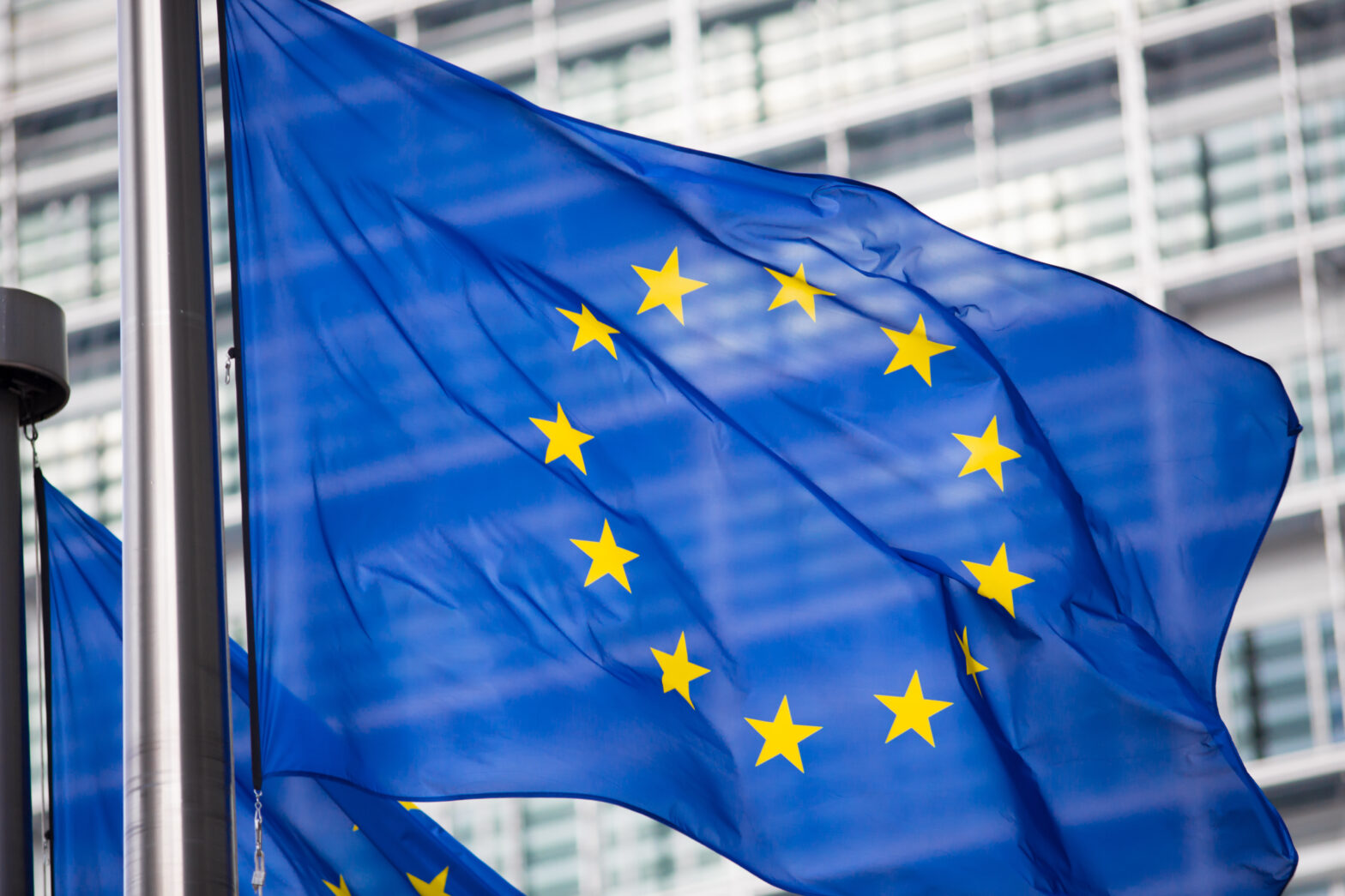A new tax shake-up will affect the rates of VAT charged by businesses dealing with EU customers.
Digital services sold to private EU consumers will, from tomorrow (1 January 2015), be taxed where the customer lives, rather than where the business is based, HM Revenue and Customs (HMRC) has reminded UK businesses.
The change to EU rules means affected businesses, which include most online digital services, must charge VAT on these supplies at the rate due in the customer’s EU country.
UK businesses affected are being supported by HMRC as they get to grips with the change in the EU rules.
For example, businesses can register for the new VAT Mini One Stop Shop (MOSS) online service. This means that they will complete just one VAT return and make one payment every quarter, to cover all their EU digital sales to private consumers.
Businesses whose turnover is currently below the VAT registration threshold (£81,000 per year) will need only to register for VAT on their sales to private consumers in other EU member states. They will not need to charge VAT on any sales to UK customers
Until 30 June 2015, micro-businesses that are below the current UK VAT registration threshold, and which register for the VAT MOSS online service, may base their ‘customer location’ VAT taxation and accounting decisions on information provided to them by their payment service provider. They do not need further information to be supplied directly by the customer.
Sally Beggs, deputy director at Indirect Tax, said: ‘The UK has successfully pressed for a number of simplifications, which should help make operating the new rules easier, and the UK continues to argue the case for some form of cross-border threshold.’
Click here for more information on the VAT place of supply changes and the VAT Mini One Stop Shop.






